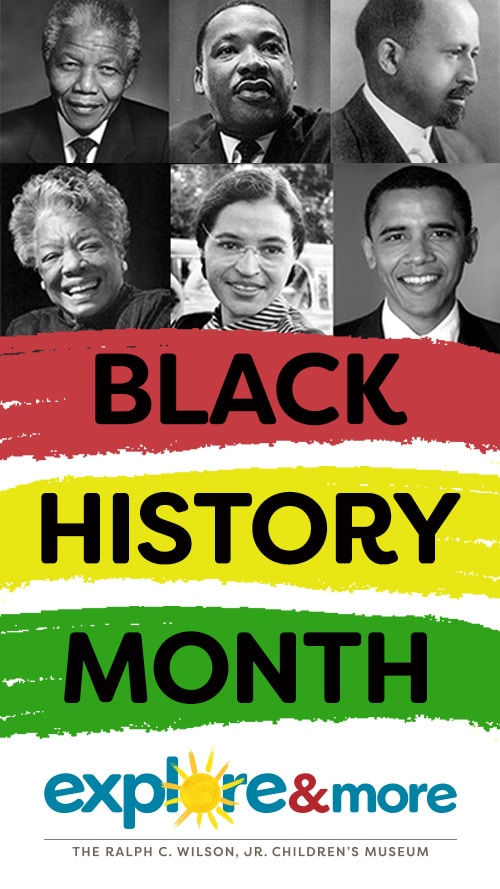
As the month of February kicks off hopefully everyone’s new year resolutions are still going strong. If anyone had the goal to become more culturally proficient, the month of February is a great time to do so. February is Black History Month and this month’s ‘Culture Corner’ will dive into its background and explain the history behind the founding of one of the most important culturally relevant celebrations.
Since Gerald Ford’s declaration in 1976, February has been a month to recognize the accomplishments and histories of African Americans, thus marking the first President to recognize Black History Month. Although President Ford federally recognized Black History Month in the mid-70s the origins of the celebration date back to the 1920s.’ One man, Charles G. Woodson, is credited as the “father of Black history,” as Woodson was one of the first scholars who dedicated time to studying Black history and Black culture. Woodson became only the second African American to receive a doctorate from Harvard University and became the first and only individual in American history who had enslaved parents to receive a PhD in the subject of history. Woodson and several of his peers created the Association for the Study of African American Life and History or ASALH.
ASALH was created to celebrate the achievements of Black scholars and academics, while also intending to show the progress that had been made since emancipation from slavery. ASALH was a foundational organization in Black academia and was used as a launching point for the creation of what would later become Black History Month. Before Black History Month there was “Negro History Week” which came to be in February of 1926, as Woodson looked to create an annual recognition of Black excellence. February was chosen because two vital abolitionists, Abraham Lincoln, and Frederick Douglass, both shared a birthday during the month. The weeklong celebration rapidly picked up followers, and as Black Americans became more and more visible in American culture, so too did “Negro History Week.” This momentum would occur for 50 years ultimately leading to the creation of an entire month dedicated to the history of Black Americans, and since the February of 1976, Black History Month (as it was renamed) has maintained its prevalence in American culture. This was a very brief encapsulation of the origins of Black History Month, but it is important to recognize how the celebration came to be. Spend time with the children in your life educating them on the importance of recognizing Black History Month and have a wonderful February!
Note: Information for this write-up was found on the ASALH website, which remains active in contemporary Black History Month celebrations.
